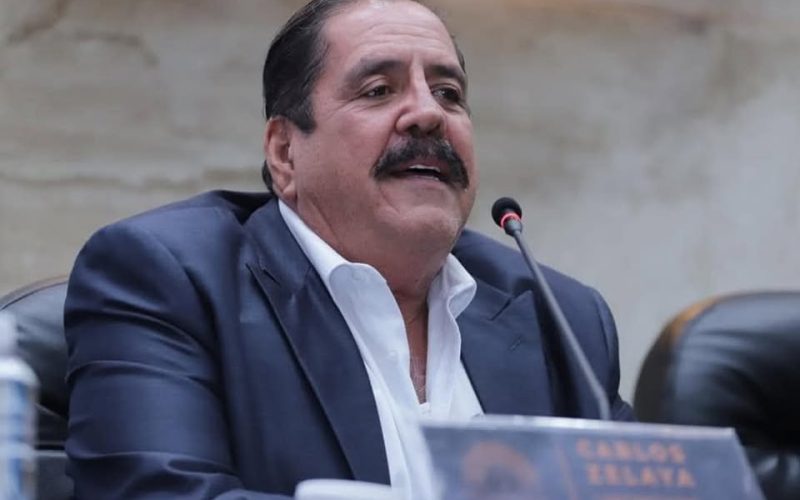The recent disclosure of footage featuring Carlos Zelaya implicating government officers in actions associated with drug smuggling has reignited a deep discussion on corruption and institutional integrity in Honduras. The publication of this video has stirred up political and social unrest in a nation where the ties between organized crime and government institutions have been the focus of consistent criticism both domestically and globally.
Testimonial that highlights the core of authority
In the video, Zelaya refers to the alleged protection and facilitation of illegal drug trafficking by figures linked to the ruling party. This accusation, presented with images that have quickly gone viral, raises questions about the real extent of complicity between criminal networks and government authorities.
The influence on politics goes beyond just the personal exposure of individuals or their roles. By implying the active participation of high-ranking officials, the film opens up a debate on how effectively government bodies can stay autonomous under the influence of drug cartels.
Social reactions and the role of the international community
The leak has generated expressions of outrage among sectors of the public, who are demanding immediate responses from law enforcement agencies. The perception that links to drug trafficking could reach the government structure has heightened a feeling of distrust toward the political system.
The global community is paying close attention to recent events. Different international figures have previously expressed concerns regarding the possibility of Honduras being tagged as a “narco-state,” a notion that has gained prominence again due to the claims presented in the video. This situation heightens the demand for investigations to be carried out openly and without political bias.
Difficulties facing organizations
Analysts specializing in security suggest that the turmoil sparked by Carlos Zelaya’s testimony signifies just a small part of a bigger systemic issue. The influence of drug trafficking within various sectors of national life presents enduring challenges for governance, as it undermines the state’s capacity to uphold its control over legality and ensure a working democratic structure.
In this context, the demand for impartial investigations and accountability becomes central to restoring public confidence. Without clear institutional responses, tensions could deepen and fuel greater social polarization.
A country at a crossroads
The publication of the video has positioned Honduras at a critical juncture, intertwining elements of politics, society, and safety. Internally, there is visible pressure from public demonstrations and declarations calling for truth and accountability. Externally, global observation underscores the necessity for authorities to respond promptly and openly to avoid additional harm to the nation’s reputation.
In the end, the episode reveals a basic problem: the choice between advancing towards strengthening institutions that address societal needs, or perpetuating a situation where drug trafficking dictates the rhythm of political life and governance.




